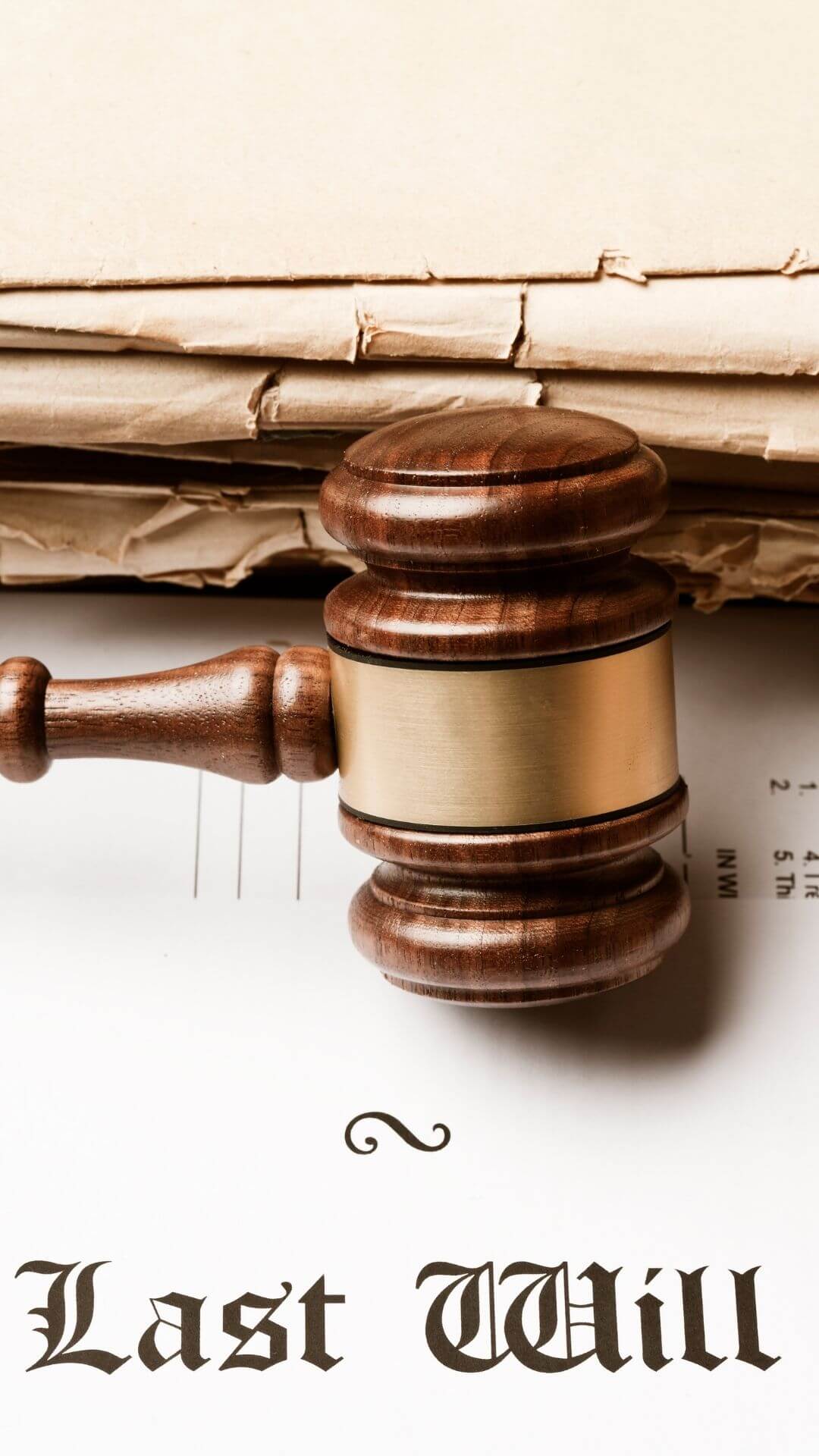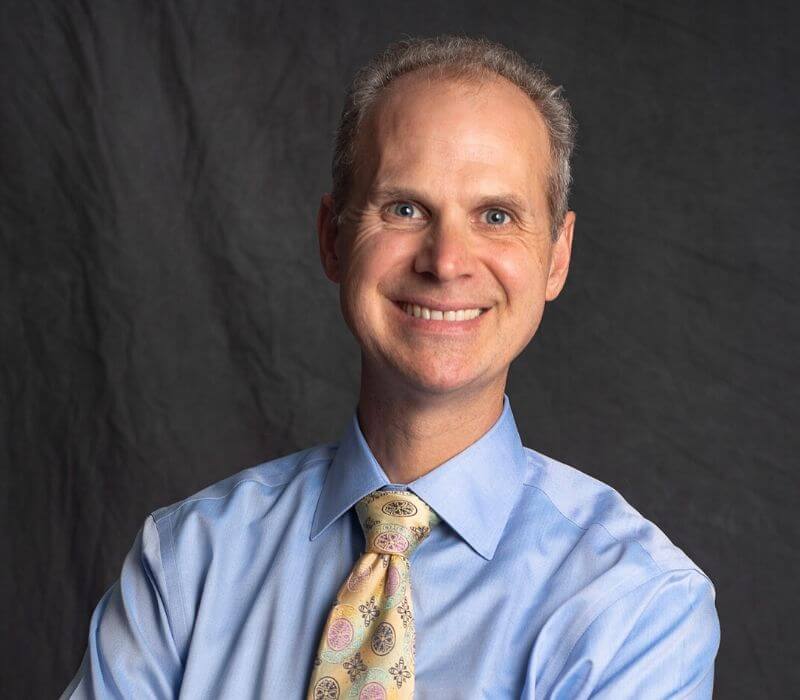Guide to a Single Person’s Estate Plan
Each person has a unique situation.
Call 207-236-4888 to make an appointment
or start by attending a
FREE – INFORMATIVE – Estate Planning Webinar
Should a Single Person Make a Will?
If you’re on your own, you have unique estate planning issues that you should consider. Because so many of my single planners miss the most important issue, I decided to publish this article. Penbay Estate Planning Law Center also offers live webinars for single people to teach them about estate planning for single people. For the purposes of this article, single people include
– The never-married
– The ‘used to be married’.
-This article does not cover people who live as a couple with another person.
Is the Mission Statement Relevant to Single People?
Our Mission Statement at the Penbay Estate Planning Law Center is simple: to preserve family wealth, and prevent needless family conflict. When single people hear the word “family” they think “kids” or “spouse”. Because they may not have either, single people may think our Mission is not relevant to their estate plan. But just as relevant for single people as for married couples with children. Because “family” in our mission refers first to the individual person we are planning for. Because family starts with you.
Avoiding Costly Mistakes in a Single Person’s Estate Plan
Preventing conflict is also important for single people. Because there are avoidable conflicts that can happen to single people. These “conflicts” typically refer to court proceedings. For instance, guardianship proceedings, conservatorship proceedings, and notices going out to estranged family members are all avoidable conflicts that can reduce a single person’s personal wealth. Conflict refers to avoidable pitfalls that reduce the amount of money that can be available for you when you need it, or for their beneficiaries afterward.

So, here are the biggest mistakes single people make in estate planning.
Single Person’s Estate Planning Mistake Number 1: Thinking that a Will is an Estate Plan
This pitfall is common to almost everyone. A legal document is not the same thing as an estate plan. A Last Will and Testament is a legal document. Likewise, a Power of Attorney, an Advanced Directive of Health Care, a Living Will a HealthCare Proxy – are legal all documents. But they are not necessarily a plan.
For example, a Power of Attorney is a legal document that gives legal and financial authority to another person. But just because you have a power of attorney, it does not necessarily help you if you miss a flight home from vacation and the vet expects you to pick up your dog from boarding. Or if you broke your leg on a ski holiday and your house needs to be checked in on. And even if you decide you need a Power of Attorney, how do you pick your agent? What powers should that person have?


The LifeCounsel® Petcare Power of Attorney™ is a Maine power of attorney form specifically limited and adapted to cover any animals you may own. It’s available for free download.
Download it, print it, fill out a few details, and sign it before a notary.Then if you are away, or have an unexpected absence from home, you have already given someone the authority to retrieve your pets, feed them, and get them vet care if needed.
Who will love them as much as you do? Make a plan for your furry friends.
What about a Health Care Proxy?
- Will having a Health Care Agent help you if you expect to have specific living circumstances during a period of mental incapacity? For instance, to remain at home, regardless of the cost. Or, if you really don’t care where you end up, but it is important that your money be preserved for a person or cause?
- Or maybe in your family, there is a genetic risk for a certain kind of ailment. Is that listed in your documents?
- What if you’re brought into the emergency room at a hospital, and you cannot speak? Will the E.R. nurse be able to contact your emergency contacts? Will your emergency contacts be listed on a medical authorization? Will that medical authorization is sent to the hospital to facilitate decision-making? Remember, time may be of the essence.
- What is common in all these examples is that the legal document gives someone power. But it does not include instructions or context to help inform the user what to do with that power when the need arises. Also, the documents do not take into account a variety of possible circumstances.
A good estate plan will cover those bases.
But more than that, in a good estate plan, your various documents work together to achieve the basic estate plan goals.


Single Person’s Estate Planning
Mistake Number 2: Planning in Reverse
The first thing a single person says in their estate planning meeting is,
“Here is who I’d like to get my stuff in my Will.”
Maybe their brother made them angry, and they want to write him out of the Will. Or more common, they had a medical scare, and feel vulnerable. Or they just got divorced and want to make sure their ex. doesn’t inherit. The single person in those situations intuitively knows they have a vulnerability. But they also know they would be more comfortable if they had an estate plan. But whatever the reason, the first thing they think of when they think of estate planning is making a Will.
You’re Not Dead Yet…
Whenever a single person starts the meeting by telling me about their will, I say, you are planning in reverse. You’re not dead yet. Isn’t it more important that we make sure you’re protected first?
Good estate planning starts with the most important planning consideration. The most important consideration for single people in estate planning is you. Not who get’s your stuff after you have died. You don’t have to focus on your own personal well-being. You may voluntarily demote yourself to a lower rung. But when I tell single people they are planning in reverse, most experience an “aha!” moment. “I never thought of that,” they say.
The fact is, whether they realize it or not, every single person has a priority list in their head. Those priorities are different for everyone, and they also vary by stage. Here are the general planning stages.
Stage 1. What are my priorities while I’m alive and able to act;
Stage 2. What are my priorities while I’m alive, and temporarily unable to act;
Stage 3. What are my priorities while I’m alive and unable to act indefinitely or permanently; and
Stage 4. What are my priorities for after I have died?
Most single people just skip right to Stage 4 without any consideration to Stages 1-3. They may not be aware of it, because they don’t associate Stages 1-4 with estate planning. Instead, they think “Estate planning equals a Will”. But I always say to them “We need to talk about you first”.


Single Person’s Estate Planning
Mistake Number 3:
Not having a catch-me (if I fall) mechanism (sm).
How do you get catch-me (if I fall) mechanisms in your estate plan? You get them by using LifeCounsel®. These are planning techniques our firm has developed over many years to make sure that your bases are covered. We want to ensure that during a period of vulnerability that could come during your life, you and your estate, and things you care about are taken care of the way you would take care of them. How does LifeCounsel® do that? I explain further in the article.
How do we avoid mistake #2 planning in reverse? We avoid it by focusing on the most overlooked stage of planning. It will become clear if you understand the difference between good, bad, and great estate planning.
The Difference Between Good Estate Planning and Bad Estate Planning
Bad estate planning is mistaking a legal document for a plan. Thinking that your Simple Will is an estate plan is worse than no plan at all.
The poster child for bad estate planning is the Simple Will.
What’s so bad about the Simple Will? If you’ve ever participated in one of our workshops, you probably heard this analogy. Because a Simple Will is like target shooting.
How is a Simple Will Like Target Shooting?
You have a:
rifle,
a bullet,
and a target.

You need to hit the target fifty feet away. So, you tape the target to a tree, or maybe a car. Then you put the gun on a stand and aim it. The gun will go off any time between now and twenty-five years from now.
What are the chances that your gun will hit the target?
Slim to none.
In this analogy, the rifle is your Simple Will, and the target is your estate planning goal. But when target shooting is like life you get the instructions a little at a time, without knowing the whole story, and you only have one chance to get it right! That is the messy, unpredictable reality of life.
Why is a Simple Will Worse Than No Plan at All?
A Simple Will is worse than no plan at all, because when you have a Simple Will, you have a false sense of security. You think you’ve made a plan. When in reality it is very unlikely your “gun” will hit the “target” and achieve your goals.
Good Estate Planning Covers Most (Not ALL) of the Bases
Good estate planning covers many of the possible scenarios for your unpredictable future life. But not all the bases. You want to focus on the most important bases. What are those?
The scenarios that you should plan for are the ones that are probable, possible, and commonly occurring.
What is the core planning consideration for a single person? How can I ensure that my estate will be managed and consumed at each stage of my life according to my expectations? For example, if I experience a temporary period of vulnerability, will my cat get fed? Will my bills get paid? Will the people I trust be the people making decisions for me? Will they do what I would do in the circumstances? The strange thing is that most people have no plan, and yet they expect that things will go smoothly if they are temporarily unable to act. Or they have a will, and think that a will has power over their property while they are still living. If I experience a temporary or indefinite period of incapacity, am I covered?
The Difference Between “Good” and “Great” Estate Planning
Good estate planning recognizes that a legal document is not a plan. Good estate planning also covers the basic goals of estate planning. But what is great estate planning? Great estate planning is different for every single person. Why? Because great estate planning is about what is unique to you. Good estate planning is personal.
The reason I say that you need to focus on most, but not all scenarios, is that every person is different. You do not want to waste time planning for contingencies that are not relevant to your particular situation. That is why every great estate plan is also personal to you.
The goals that you should plan for arise from your own personal circumstances and priorities. But not just that. Your decisions need to be enriched by years of experience in estate planning and informed by good counsel. But if you’ve never done this before, and you’re not a lawyer, how do you get great estate planning? With LifeCounsel®. Our system provides over twenty-five points of counsel(sm). These points of counsel(sm) are opportunities to reveal a planning goal of yours and develop a strategy to meet that goal using the benefit of our legal knowledge and experience. Think of them as suggestions that you might not have thought of on your own. That is why all great estate planning is customized. That means that it is not a cookie-cutter legal document. But it should be a dialogue with an experienced estate planning attorney. Sometimes that includes your estate planning team, depending on your estate and goals. But a simple Will is definitely not great or even good estate planning.
The goals that you should plan for arise from your own personal circumstances and priorities. But not just that. Your decisions need to be enriched by years of experience in estate planning and informed by good counsel. But if you’ve never done this before, and you’re not a lawyer, how do you get great estate planning? With LifeCounsel®. Our system provides over twenty-five points of counsel(sm). These points of counsel(sm) are opportunities to reveal a planning goal of yours and develop a strategy to meet that goal using the benefit of our legal knowledge and experience. Think of them as suggestions that you might not have thought of on your own. That is why all great estate planning is customized. That means that it is not a cookie-cutter legal document. But it should be a dialogue with an experienced estate planning attorney. Sometimes that includes your estate planning team, depending on your estate and goals. But a simple Will is definitely not great or even good estate planning. Call our office today and make an appointment to discuss your estate planning goals. (207)236-4888.
What is LifeCounsel®
Over the course of over fifty years of representation and two generations of attorneys, our firm developed a process to make sure every one of our clients gets a personalized estate plan that covers all their bases. That process is called LifeCounsel®. The catch-me (if I fall) mechanisms (sm) in LifeCounsel® are designed to ensure that in any one of your personal contingencies, your reasonable expectations will be carried out. Not only carried out, but done by the people or entities you choose, with assurances of fidelity, and redundancy of design.
Our LifeCounsel® process is designed to find out your personal priorities. How do we do that? The first step is teaching you what to look out for. Then we ask questions to gather relevant information. Then we have a dialogue designed to help you discover and examine your personal priorities for every stage of planning. As you reveal in our dialogue what is important to you, what you are concerned about, we provide you counsel and options to help come up with a solution to your goal.
Our Single Person’s Estate Plan comes with built-in options and specific strategies designed to meet the unique goals of single people.

PERSONALIZED SERVICE, A THOROUGH STRESS-FREE PROCESS.
the LifeCounsel® Estate Planning Process..
Start to finish, make and finalize an estate plan that is right for you and your loved ones.
See Estate Planning Videos on Topics Important to You!
F.A.Q.s
Please read this information before scheduling a free consultation or your reservation for the How to Protect Your Assets webinar.
How much do you charge?
If you’re looking for a $200 will or $800 Trust and want to “keep it simple (cheap),” we’re not the right law firm for you. We work with folks who understand value and want to protect their wealth and empower their children to live the best lives possible. If you want to learn how we can customize a plan for your family. Schedule your call or online consultation NOW.
How long will it take?
We carefully design and draft each custom plan. Giving total peace of mind means you can rely on getting a well counseled, properly drafted and maintained estate plan. Our process typically takes about one month. The process is easy for you. You don’t have to be a mechanic or engineer to own and drive a fine sports car. If you want to learn more about our LifeCounsel® process, click here.
Can we meet in your office?
Yes. But we are also a virtual law firm and meet with clients by phone and video conference. We make it convenient for busy families and seniors to receive fantastic service in the comfort and security of their homes. This means your schedule, no travel time, and no unnecessary exposure to travel and travelers. We remove the obstacles that stop folks from creating a plan that achieves their personal goals and empowers their family.
For those who prefer to come to our office, we have an office conveniently located in beautiful Camden village with our own parking. For some they celebrate making their plan by visiting Camden.
Jesse Bifulco is an elder law attorney living and working in Maine. He’s been helping families as their lawyer for 25 years. Jesse and his team use wills, trusts and estate planning to prevent family conflict, and preserve family wealth.

